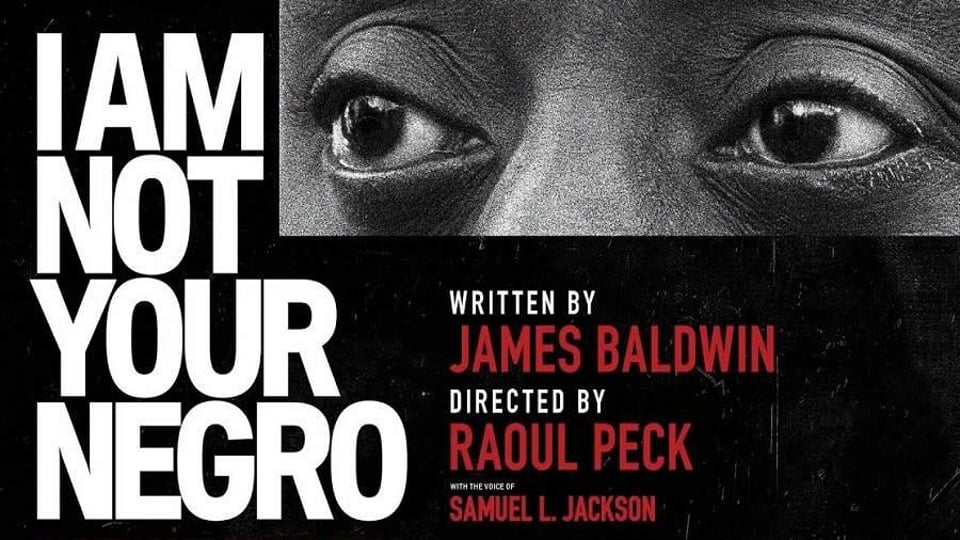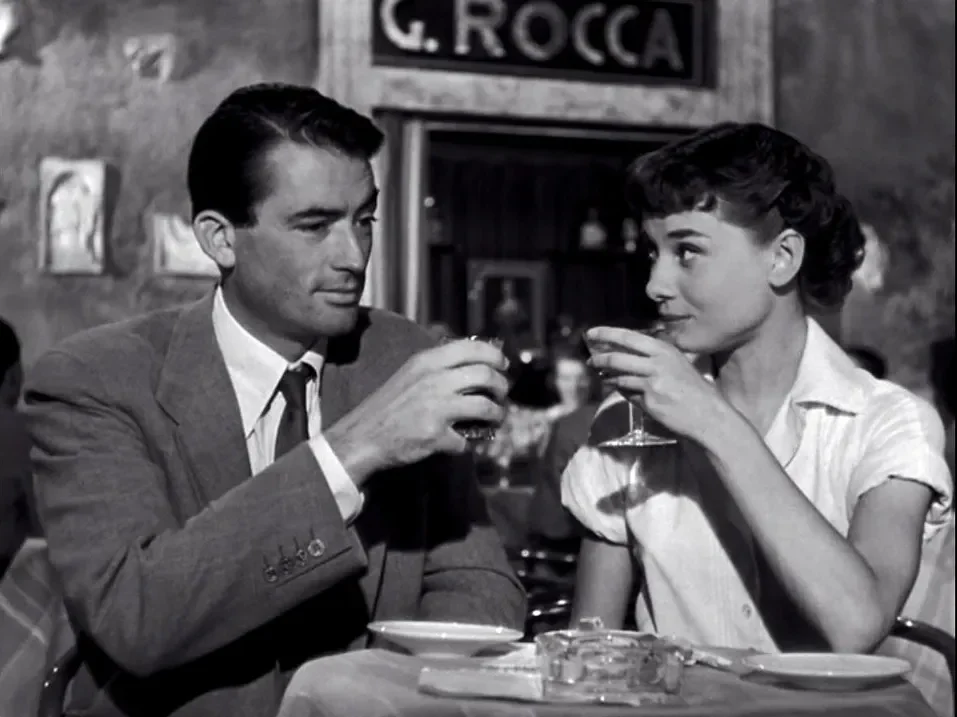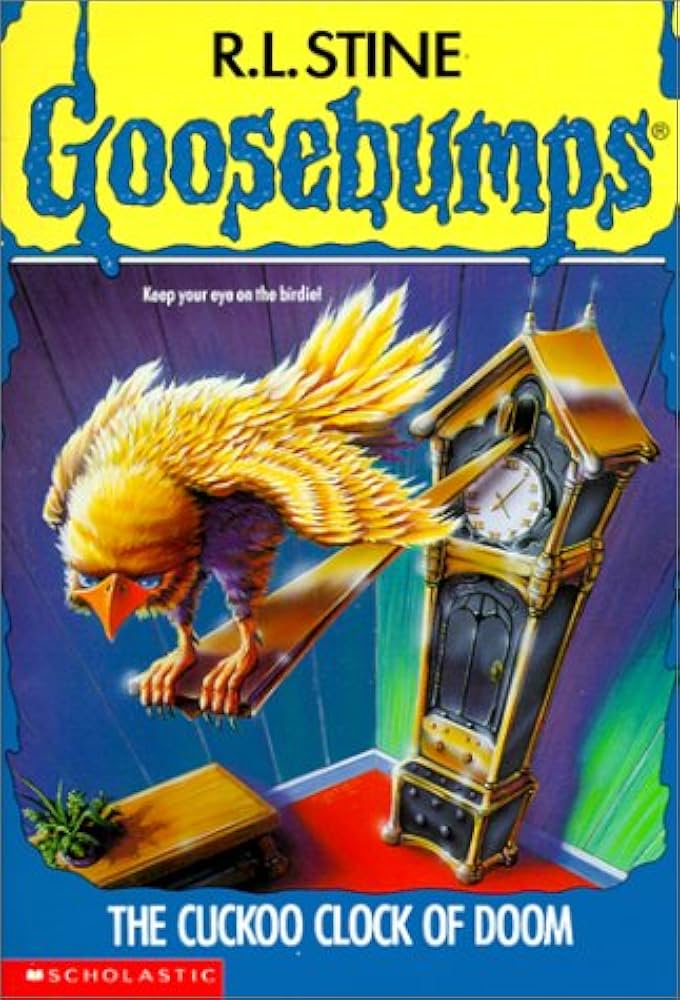In honor of Black History Month, let us explore the mind of 20th-century luminary–whose works hold timeless relevance–James Baldwin. Although directed by Raoul Peck, the cinematic biography I Am Not Your Negro is based on Baldwin’s unfinished manuscript, “Remember This House,” which was intended to be a revolutionary account of the lives and assassinations of three of his close friends and civil rights leaders: Medgar Evers, Malcolm X, and Martin Luther King Jr. The film is built around Baldwin’s own words and pulls together documentary footage, vintage photos, and news clippings. It is voiced by the iconic Samuel L. Jackson.
I Am Not Your Negro is a commentary on race and civil rights centering on Baldwin’s critiques of mid-century American ideologies, including capitalism, mainstream entertainment, and the possibility of racial reconciliation.
Peck’s decision to minimize the visual presence of Baldwin himself might raise eyebrows, considering Baldwin’s significant presence on 1960s network TV. However, it becomes clear that I Am Not Your Negro is not aiming to provide an account of Baldwin’s life. Instead, its focus is on presenting how Baldwin perceived the world, executed with imagination, sensitivity, and passion tempered by sorrow.
Peck needs to take a better step, however, by extending Baldwin’s ideas into the 21st century and incorporating footage from modern events like the 2008 financial meltdown, the Ferguson uprising, and Barack Obama’s election. While these things don’t irreparably damage the film, they disrupt the immersive experience and connect Baldwin’s observations too bluntly to the present day.
Nevertheless, Baldwin’s voice as a writer is a powerful force throughout the film. I loved Jackson’s decision to read Baldwin’s words plainly, in his own voice, rightfully placing the focus on Baldwin. The film draws connections between Baldwin’s life and his fictionalized experiences.
As each of his friends died, I felt his grief. He loved both King and Malcolm and said near the end the two were coming closer together. I wondered what that meant. What would have happened if they hadn’t been murdered? Baldwin never fully committed himself completely to either the radical vision of X or the political struggle of King. Possibly he, like me, was more angry and confused when confronted by American tragedy than he let on.
Incensed and inspired at once. It is so terrifying, all that America has yet to reckon with: the way history repeats itself, the irresponsibility with which white Americans have criminalized our humanity and have failed to distinguish themselves from the hateful hive mind under the pretense of fear. Equally infuriating is the pacifistic notion that Black people should smile through it, to endure centuries of savage violence. Why is the white man so afraid of the Black man? I am so ashamed. I am ashamed of our country that calls itself free.
And what better way to drive that fear than through terrorism, through claiming our pioneers like Malcolm, Martin, and Medgar? The film is a political statement and a penetrating look into the life of one of our country’s most influential writers and social critics – an unusual yet striking lens through which we witness America. Baldwin’s reflections and essays are brilliant. They expose the truth that hangs in the air but no one sees or seems to care about. Per Baldwin’s ink, he wrote “You never had to look at me. I had to look at you. I know more about you than you know about me. Not everything that is faced can be changed; but nothing can be changed until it is faced.”














